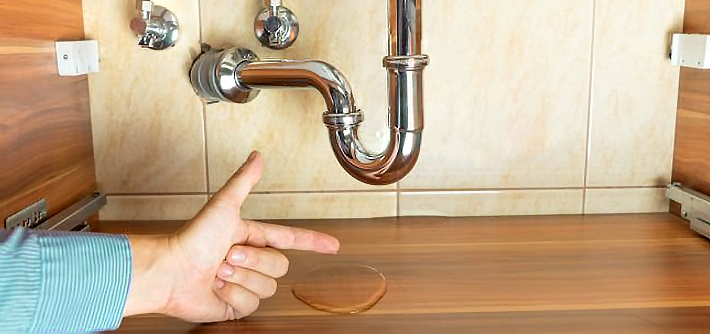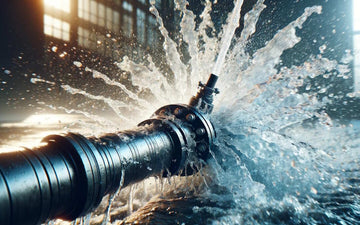In the ever-evolving world of home automation, the smart home leak sensor stands out as an essential device for proactive homeowners. This advanced technology not only detects leaks but also helps in preventing potentially catastrophic water damage. As our homes become more intelligent, integrating a leak sensor becomes a critical step towards safeguarding our investments.

What is a Smart Home Leak Sensor?
A smart home leak sensor is a state-of-the-art device designed to detect water leaks and alert homeowners promptly. These sensors are often part of a broader smart home ecosystem, communicating with other devices such as hubs or smartphones. The sensors are strategically placed in areas prone to leaks, such as under sinks, near water heaters, or behind washing machines, ensuring comprehensive coverage.
How Does a Smart Home Leak Sensor Work?
Water leak detectors typically use moisture or water sensors to detect liquid presence. When a leak is detected, the sensor sends an immediate alert to the owner's smartphone or connected hub, allowing for quick action to be taken. This could be a notification on your phone or an integration with other smart devices to shut off the main water supply automatically.
Choosing the Right Sensor
Choosing the right leak sensor is crucial for optimal performance. Factors such as sensor sensitivity, connectivity options (Wi-Fi or Bluetooth), and compatibility with other smart devices in your home network should be considered. For professional advice, explore our insights on different detectors like the Water Leak Detection System.
Advantages of Smart Home Leak Sensors
The impact of a simple water leak can be extensive and expensive, but a smart home leak sensor provides several advantages:
- Early Detection: These sensors detect even the most minor leaks before they escalate into significant problems.
- Cost Savings: By preventing water damage, homeowners save on expensive repairs and insurance claims.
- Peace of Mind: Homeowners can monitor their homes remotely, providing peace of mind whether at work or on vacation.
- Integration Capability: These devices seamlessly integrate with other smart home systems, enhancing overall home security and functionality.
Find out more about the advantages of these innovative technologies at FreshWater Systems.
Top Picks in Smart Leak Sensors
For homeowners seeking the best in smart leak sensors, the market offers a variety of options. Some of the top picks include the Wi-Fi Water Leak Detector from DripX and the SpringWell Smart Leak Detector. Each offers unique features, ensuring a match for any home's needs.
Installation and Maintenance Tips
Installing and maintaining a smart home leak sensor is straightforward. Placement is key; ensure sensors are in areas prone to leaks. Regularly testing the sensors and keeping them updated ensures they are functioning correctly. You can learn more about seamless installation at Orange Coast Plumbing.
Conclusion
Investing in a smart home leak sensor is a wise decision for anyone looking to protect their home from water damage. As these devices continue to evolve, their integration into smart home ecosystems will become even more sophisticated, making now the perfect time to adopt this technology. For further reading on smart water solutions, explore Digital Water Leak Detector insights.

FAQ
Are smart home leak sensors compatible with all smart home systems?
Most smart home leak sensors are designed to be compatible with popular smart home ecosystems. It's essential to verify the specific compatibility before purchasing.
Can I install a smart home leak sensor myself?
Yes, installing a leak sensor is often simple and can be done without professional assistance. However, following the manufacturer's instructions ensures proper placement and functionality.
What is the expected battery life of a smart leak sensor?
The battery life of a smart home leak sensor varies among models but generally lasts from six months to several years. Regularly checking the battery status is recommended.






